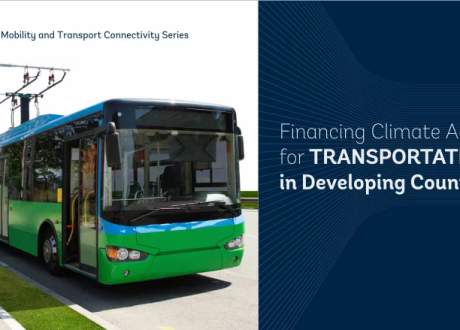
Egypt’s Abouleish among 100 Most Influential Africans 2024 in civil society
Egypt’s Helmy Abouleish, a prominent figure in the field of sustainable agriculture, particularly known for ...

Egypt’s Bahr el Baqar wastewater treatment plant obtained three certificates from Guinness World Records as it is the largest plant for purifying water, treating pollutants, and using ozone for sterilization.
Ahmed Abu Bakr Makled, CEO of the Guinness World Records Coordinating Office in Egypt, handed over Guinness certificates to Arab Contractors Board Chairman Sayyed Farouq and Orascom Construction Chairman Osama Bishai.
The plant – inaugurated in Port Said on Monday – is the largest in the world with a production capacity at 5.6 million cubic meters per day.
The water secured from this plant will be sent to North Sinai to contribute to reclaiming 400,000 feddans under the national project for developing Sinai and promoting optimal use of water resources.
The plant’s cost stood at about EGP 20 billion.
During the inauguration of Bahr el Baqar plant, President Abdel Fattah El Sisi inspected the five stages of operating the plant.
Sisi highlighted the importance of adopting the highest international standards of water treatment, underlining the importance of archiving the results of testing samples taken periodically from the station to ensure the quality of water due to be used in cultivating lands.
The president stood on the mechanism of operating and monitoring the plant which comprises four water treatment lines with a daily processing capacity of 1,250,000 cubic meters each.
The plant is equipped with advanced processes for pumping raw water, coagulation, flocculation, decantation, filtration and disinfection to produce water of optimum quality for irrigating local crops.
Meanwhile, the president opened via video conference six water stations in Sinai.
He opened a water desalination station in Nuweiba city with a 15,000 cubic meter production capacity per day as well as a water desalination station in Abu Zeneima with a production capacity of 20,000 cubic meters per day.
He also opened a water desalination station in Dahab city at a 15,000 cubic meter production capacity per day.
Sisi also inaugurated a water desalination station in Ras Sedr with a production capacity of 30,000 cubic meters per day.
Moreover, he opened a water lifting station with a 400,000 cubic meter production capacity per day and the new main Salam station at a 5.6 million cubic meter production capacity per day.
These projects are meant to secure Egypt’s needs of water and realize the optimal use of water resources, particularly to boost the agricultural sector and achieve food security in accordance with the Sustainable Development Goals.
Egypt’s Helmy Abouleish, a prominent figure in the field of sustainable agriculture, particularly known for ...
A study – by the Potsdam Institute for Climate Impact Research (PIK) – suggests that ...
Investing in resilient transport in low- and middle-income countries (LMICs) requires $417 billion annually between ...


اترك تعليقا